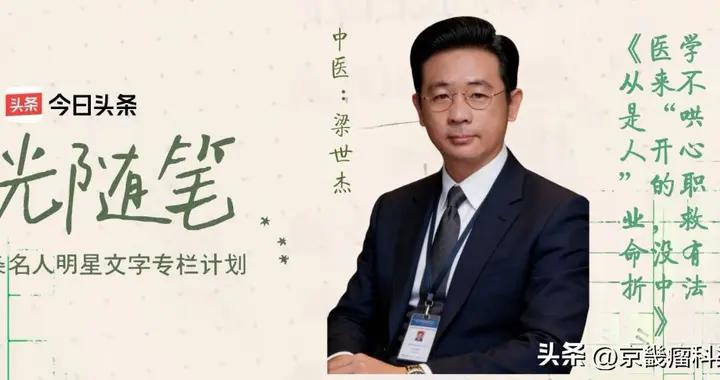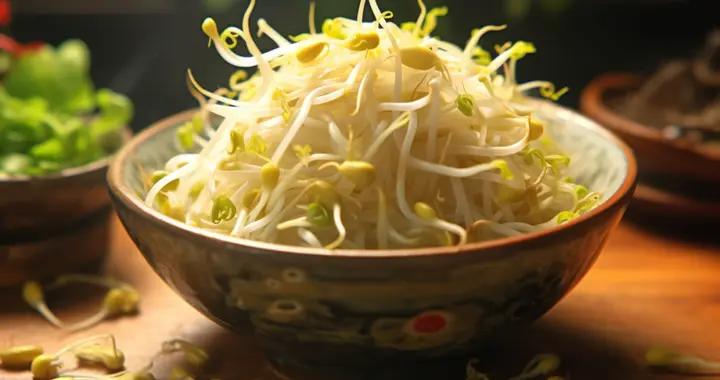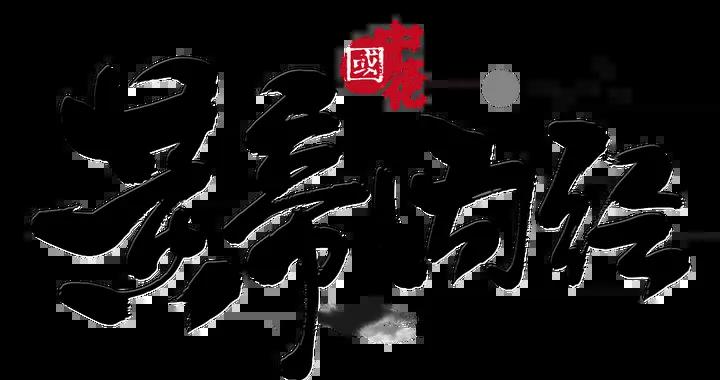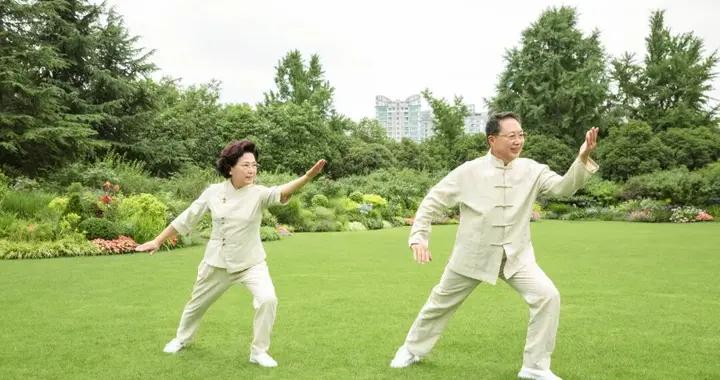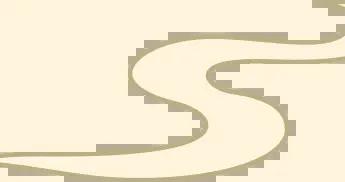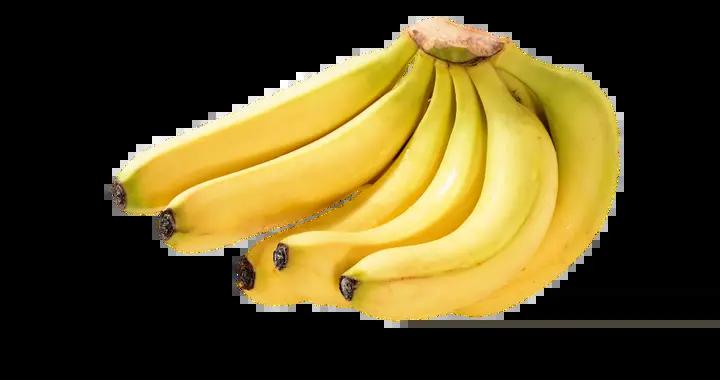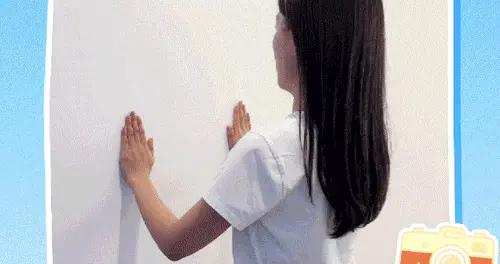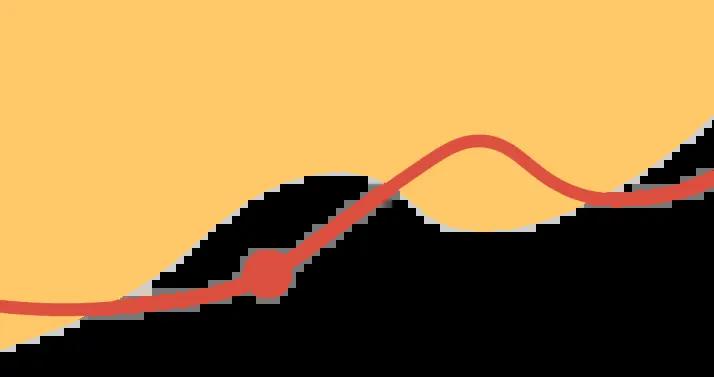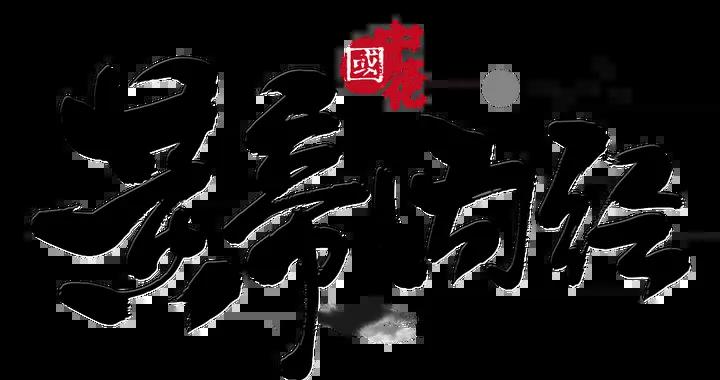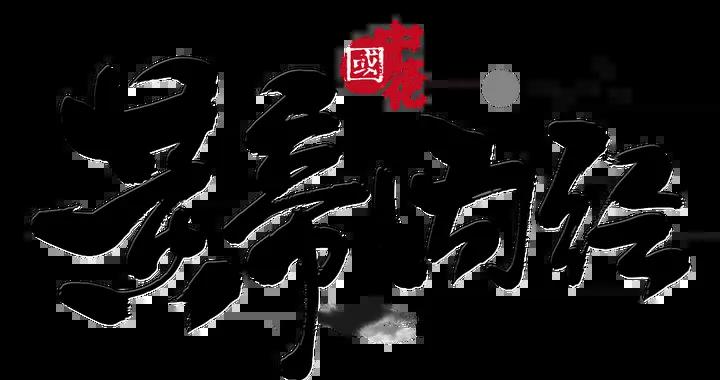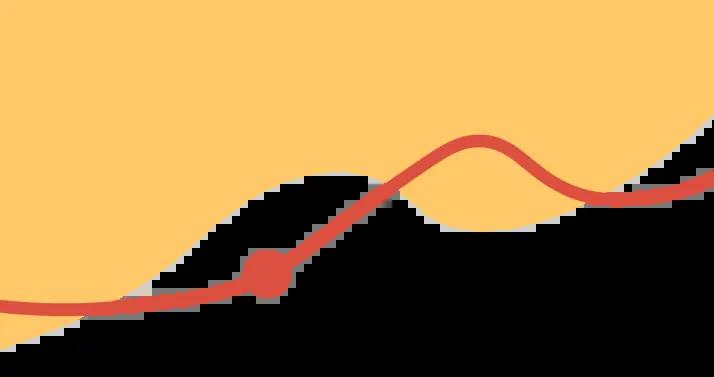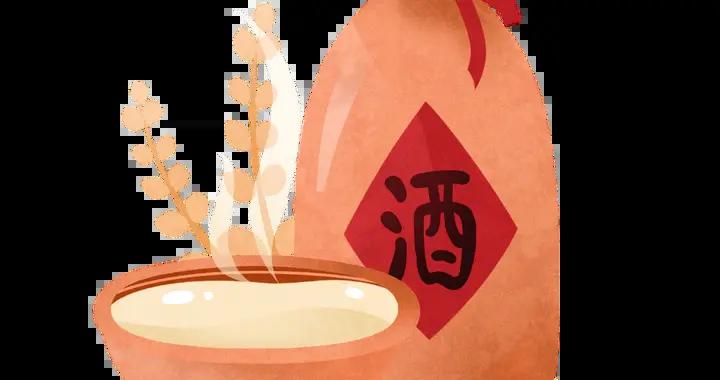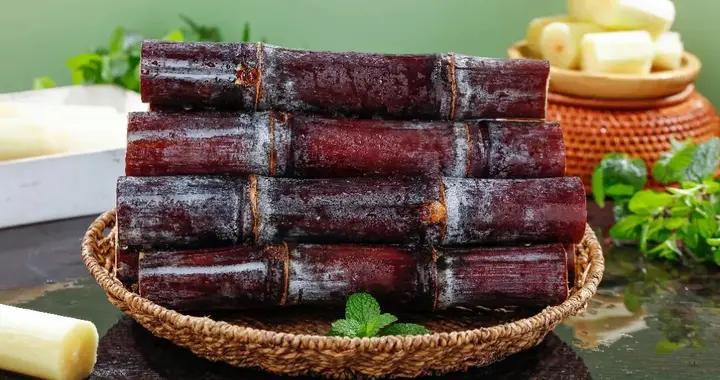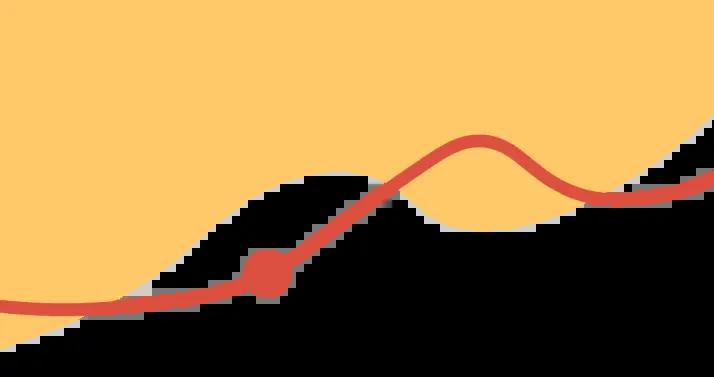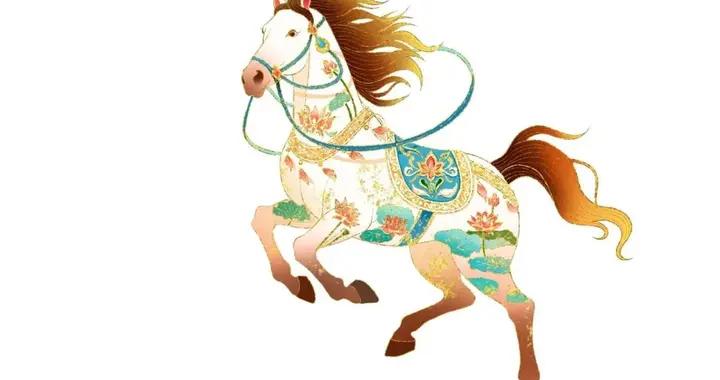梁世傑:五臟不足,神機不使,祛病乏效
在中醫的浩瀚理論中,“神”是一個既神祕又核心的概念。它不僅是生命活動的重要參與者,更是人與自然相互感應的橋樑,貫穿於天地人之間。《素問·至真要大論》有云:“天地之大紀,人神之通應也。”這簡短的話語,道出了神在人體中的非凡地位。
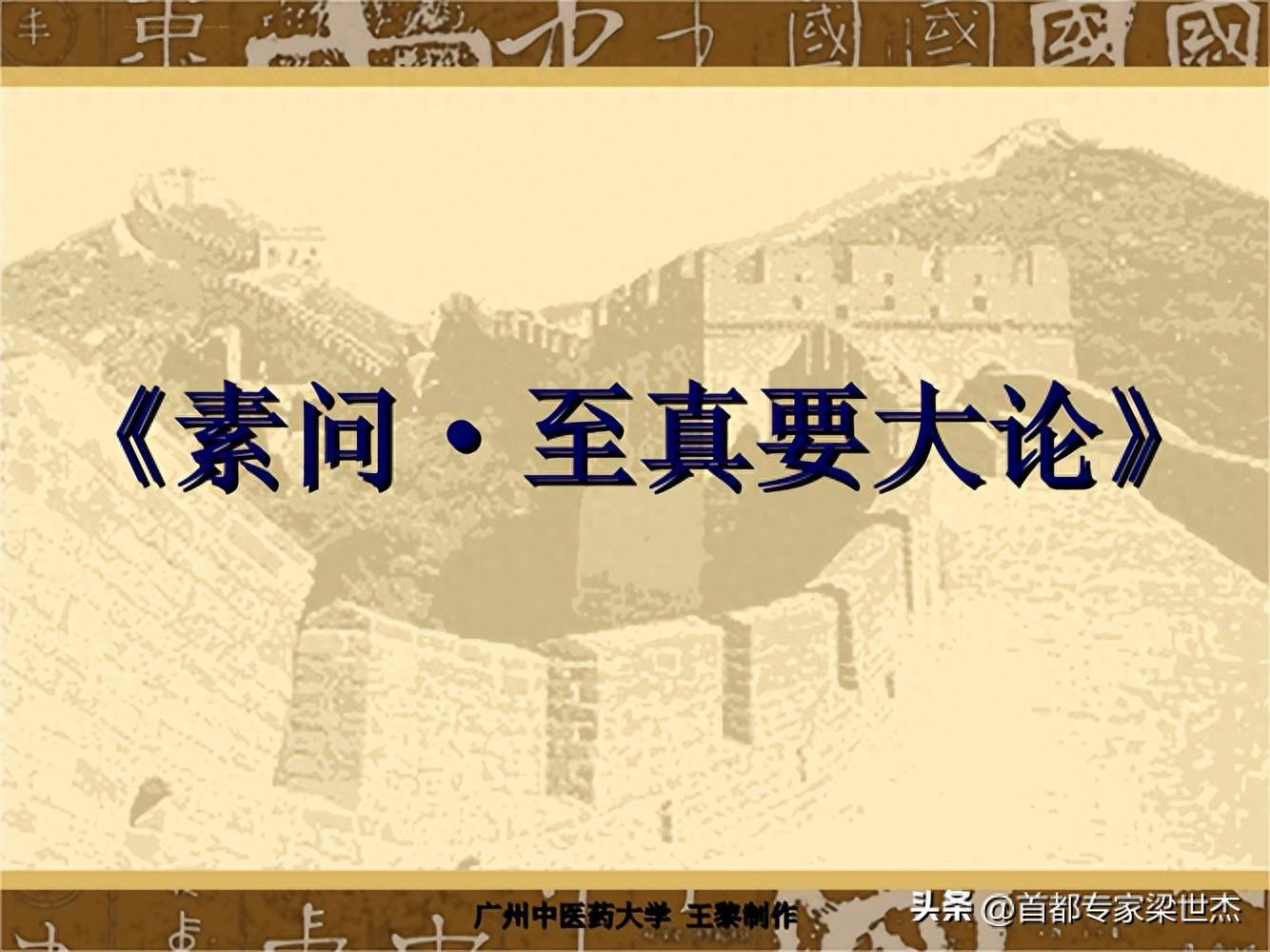
神,並非孤立存在,而是以整體的形式,與五臟緊密相連,共同維繫着人體的生命活動。《素問·宣明五氣論》明確指出:“心藏神,肺藏魄,肝藏魂,脾藏意,腎藏志。”這五種神,分別對應五臟,構成了人體五臟最基礎的精神特質,被合稱爲“五神髒”。這種劃分,不僅體現了中醫對人體精神活動的細緻觀察,更揭示了五神與五臟之間相互依存、相互影響的深刻關係。
五臟藏神,神依五臟而養。心主血脈,心神的安寧依賴於心血的滋養;肺主氣,肺魄的清明需要肺氣的充沛;肝主疏泄,肝魂的安定需要肝氣的調暢;脾主運化,脾氣的健運是脾意充沛的基礎;腎藏精,腎志的穩固依賴於腎精的充足。反之,五神的外在表現也能反映臟腑的健康狀態。中醫有“有諸內必形諸於外”的理論,即臟腑的內在變化,必然會通過神的變化表現出來。比如,心神不足可能導致失眠多夢、精神不集中;肝魂不寧可能表現爲易怒、多夢易驚;脾意不暢可能引起多思善慮、食慾不振。
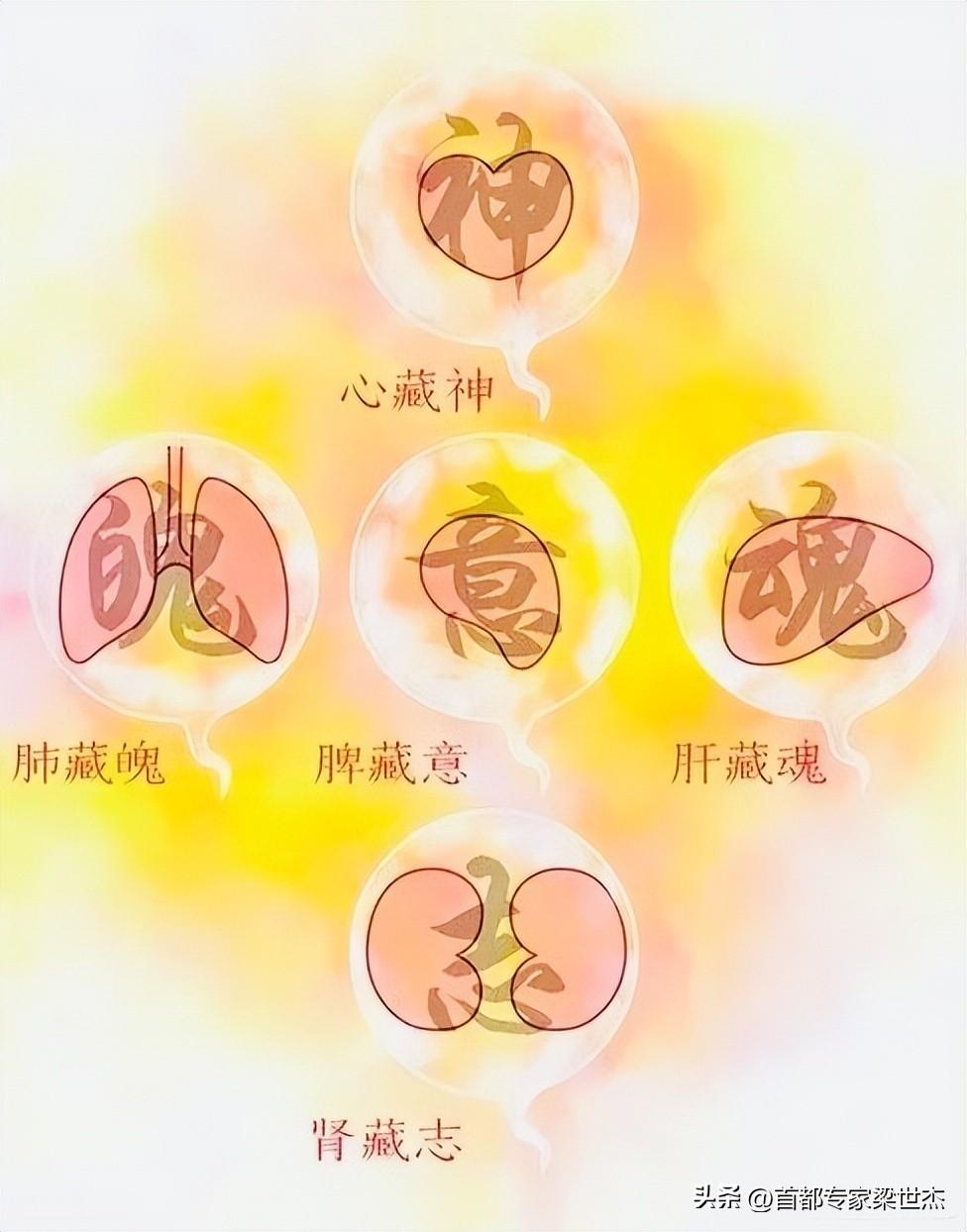
然而,中醫對“神”的認識並未止步於此。後世醫家對整體之神進行了進一步的細分、拓展和延伸,提出了諸如“胎神”、“脈神”、“舌神”等新的概念。這些局部之神,不僅反映了神與形的整體性聯繫,還體現了神在不同部位的特異性變化。如“胎神”,便是指胎兒在母體內的神氣狀態,它反映了胎兒的生命活力和發育情況。通過觀察孕婦的脈象、面色等外在表現,便可推斷胎兒的健康狀況。
在中醫理論中,“神”的狀態更是決定疾病預後的重要因素。《素問·湯液醪醴論》中提到:“何謂神不使……精神不進,志意不治,故病不可愈。”這表明,若“神”不發揮其應有的作用,疾病便難以治癒。而《素問·五常政大論》則進一步指出:“根於中者,命曰神機,神去則機息。”神機,是人體生理功能、生命活動的總體現,凡是人的精神意志、臟腑經絡、營衛氣血等活動,以及抗禦外邪的功能,都是在神機的主宰下所起的作用。
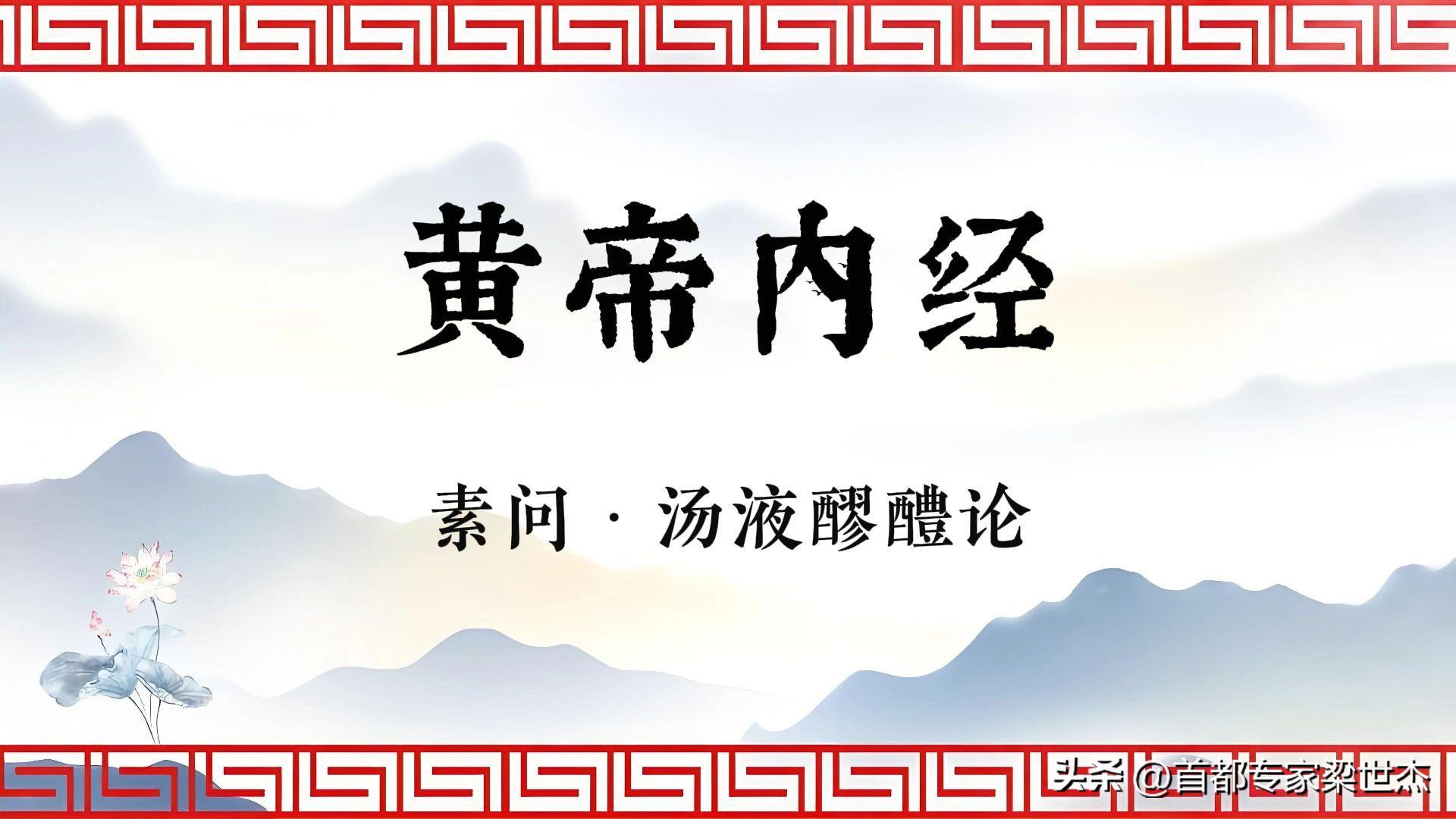
在腫瘤治療中,“神不使”的現象尤爲突出。初期,患者表現爲精神萎靡、缺乏與疾病抗爭的主觀能動性。焦慮、恐懼、抑鬱等負面情緒如影隨形,使他們對手術、放化療等常規治療方式持消極態度,不願配合治療。這種心態不僅影響治療效果,還會進一步加重病情。到了疾病的後期,患者更是精神衰退、神氣渙散,機體對治療藥物和方式無法做出有效回應,如化療、靶向治療或免疫治療的耐藥現象頻頻出現。這些現象,無一不在昭示着患者體內的“神機”已經受損,無法正常發揮其主導作用。
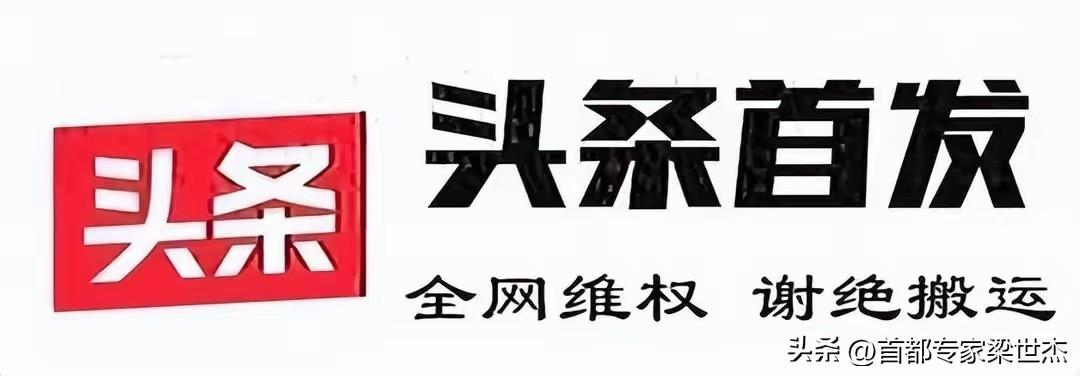
那麼,爲何腫瘤治療中會出現“神不使”的現象呢?從疾病本身來看,腫瘤具有複雜的生物學特性,與精神心理障礙之間存在強烈的正相關關係。這一結論,已得到國內外諸多研究的證實。精神心理問題不僅貫穿於腫瘤發病前後的全過程,還通過多種機制影響腫瘤的進展。例如,精神心理障礙可引起患者體內炎症因子水平升高,促進炎-癌轉化,誘導腫瘤發展;同時,它還能激活下丘腦垂體-腎上腺(HPA)軸和交感神經系統,導致內環境紊亂,抑制細胞免疫功能,增加腫瘤轉移和浸潤的風險。
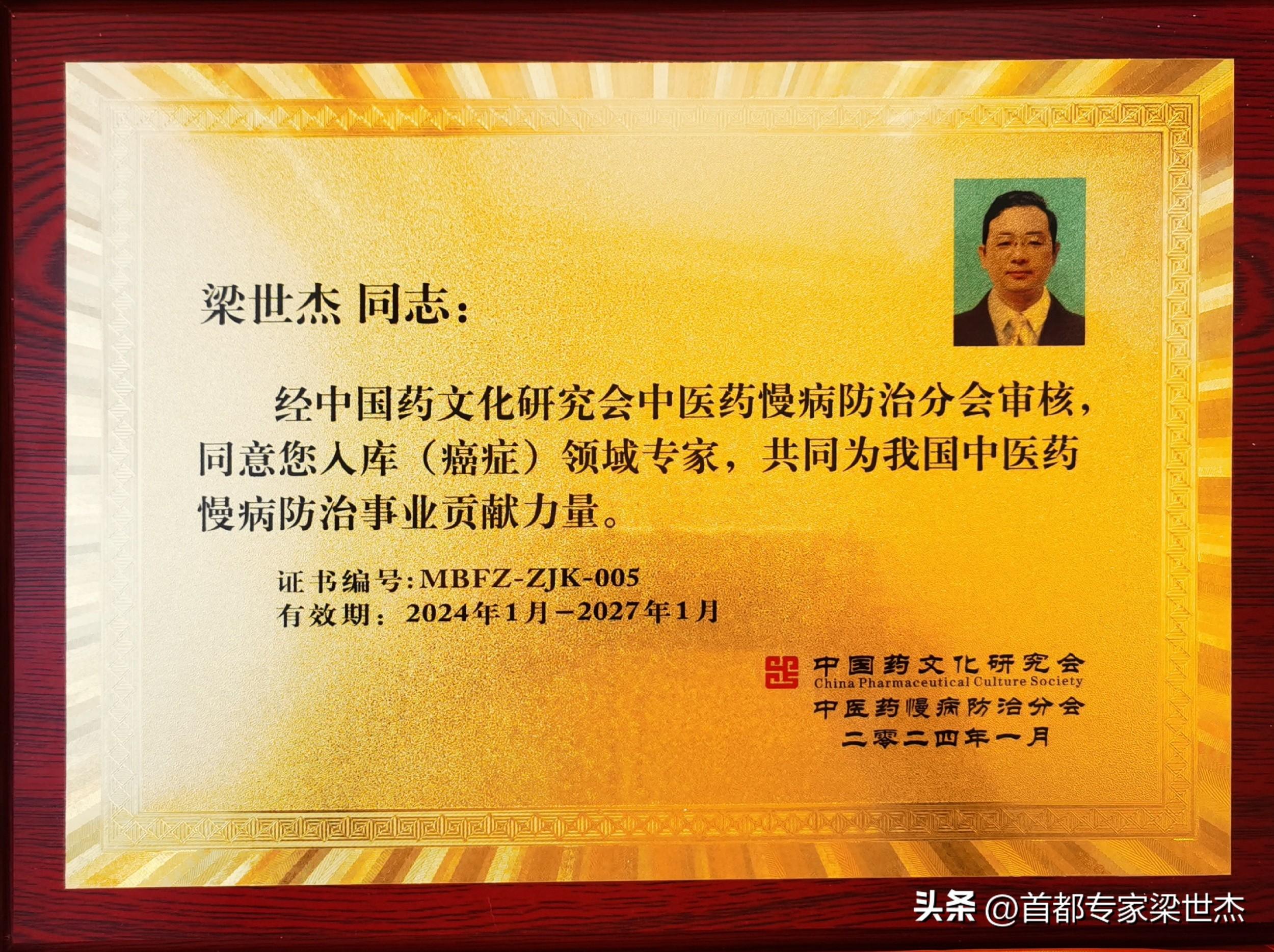
更令人驚歎的是,腫瘤自身似乎也具有類似“神”的特性。它善於僞裝自己,“欺騙”免疫系統,使免疫逃逸、介導耐藥,進一步加重“神不使”的發生。這種現象,彷彿是大自然對我們的一種提醒:在與疾病的鬥爭中,我們不僅要關注身體的病變,更要重視精神的調適。
面對腫瘤這一頑疾,我們是否就束手無策了呢?當然不是。中醫講究辨證施治,對於“神不使”的患者,我們更應注重調神養神。通過心理疏導、中醫治療等手段,幫助患者恢復精神意志,增強與疾病抗爭的主觀能動性。同時,結合現代醫學的治療手段,綜合治療,方能取得更好的療效。
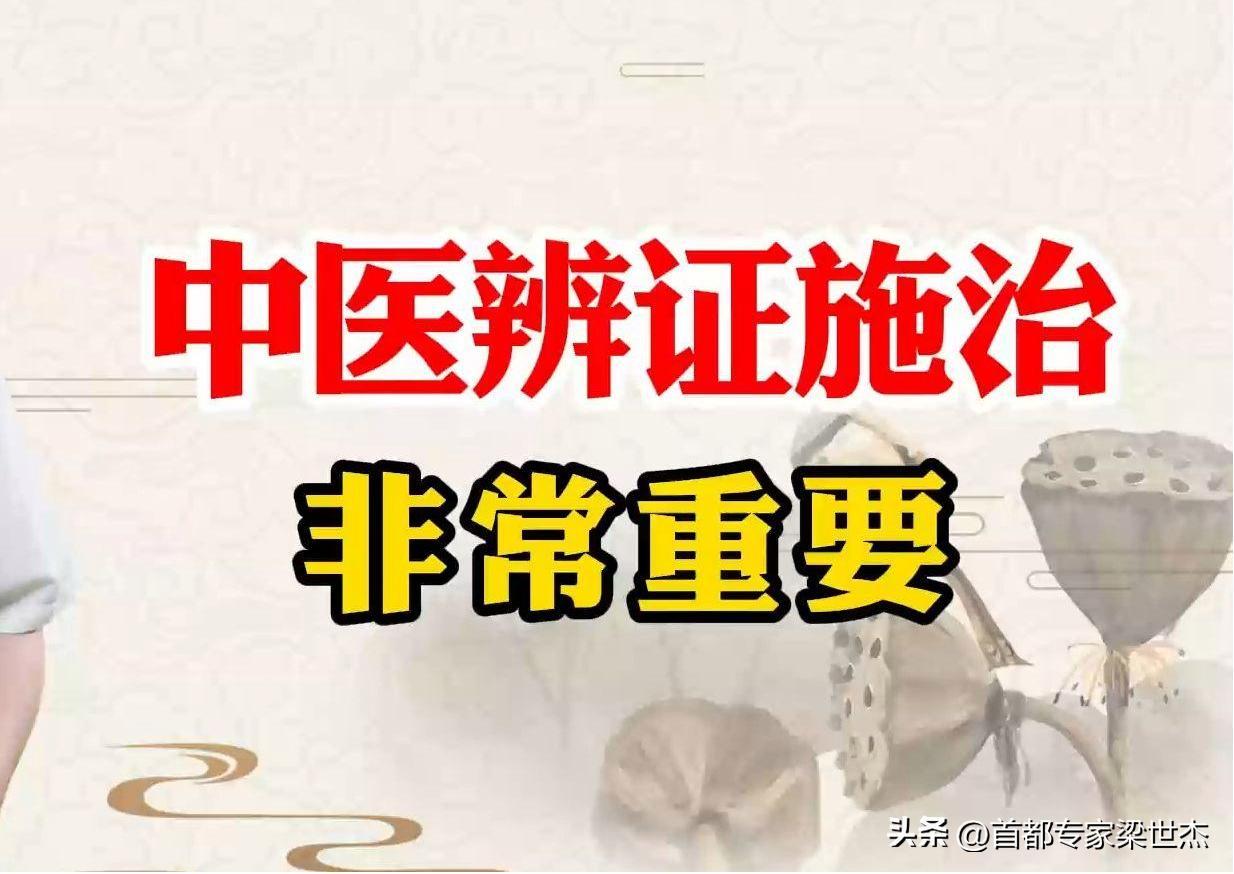
總之,“神”在中醫理論中佔據着舉足輕重的地位。它不僅是生命活動的核心,更是決定疾病預後的重要因素。在腫瘤治療中,“神不使”的現象提醒我們:要戰勝疾病,不僅要關注身體的病變,更要重視精神的調適。只有身心並重,方能取得更好的療效。讓我們攜手共進,爲人類的健康事業貢獻自己的力量!
參考文獻:《中國中醫藥報》2025年6月5日,第5版:《調神治癌,形與神俱》田建輝 劉澤 姚嘉良 田夢源 崔驥
作者簡介:梁世傑 中醫高年資主治醫師,本科學歷,從事中醫臨牀工作24年,積累了較豐富的臨牀經驗。師從首都醫科大學附屬北京中醫院肝病科主任醫師、著名老中醫陳勇,侍診多載,深得器重,盡得真傳!擅用“商湯經方分類療法”、專病專方結合“焦樹德學術思想”“關幼波十綱辨證”學術思想治療疑難雜症爲特色。現任北京樹德堂中醫研究院研究員,北京中醫藥薪火傳承新3+3工程—焦樹德門人(陳勇)傳承工作站研究員,國際易聯易學與養生專委會常務理事,中國中醫藥研究促進會焦樹德學術傳承專業委員會委員,中國藥文化研究會中醫藥慢病防治分會首批癌症領域入庫專家。榮獲2020年中國中醫藥研究促進會仲景醫學分會舉辦的第八屆醫聖仲景南陽論壇“經方名醫”榮譽稱號。2023年首屆京津冀“扁鵲杯”燕趙醫學研究主題徵文優秀獎獲得者。事蹟入選《當代科學家》雜誌、《中華英才》雜誌。
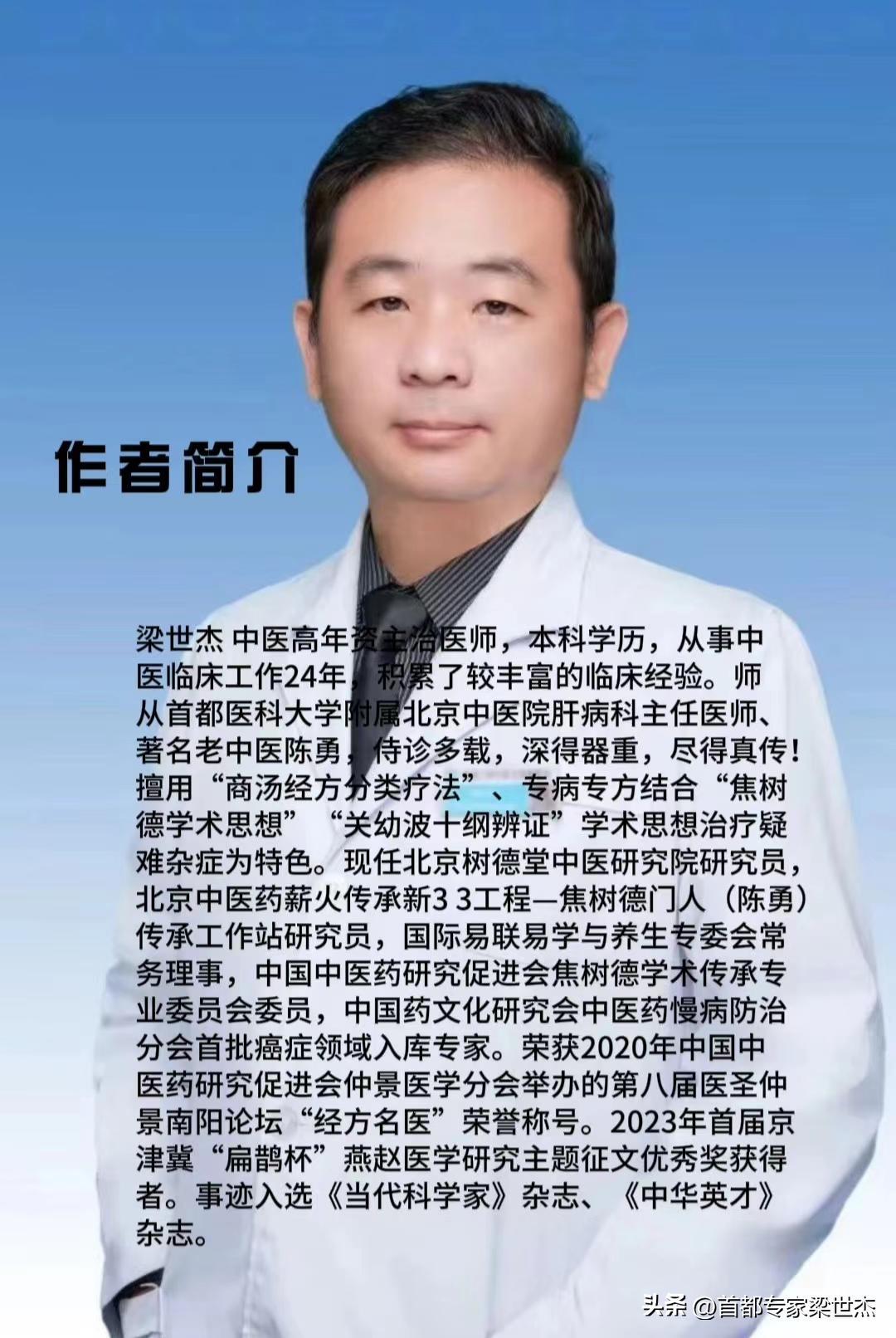
Liang Shijie: There are not enough organs, miracles are not effective, cures are ineffective
In the vast theory of Chinese medicine, "god" is a concept that is both mysterious and central. It is not only an important participant in life activities, but also a bridge between man and nature, which runs through the heavens and the earth between man. The Theory of the Greatest Truth says, "The great epoch of the heavens and the earth is the harmony of man and God." These brief words speak of God''s extraordinary place in the human body.
God, not existing in isolation, but in a holistic form, is closely connected with the five organs, jointly sustaining the life activities of the human body.Plain Question · Xuanming Five Qi Theory clearly points out: "The heart stores the spirit, the lung stores the soul, the liver stores the soul, the spleen storing idea, and the kidney stores the will."These five gods, which correspond to the five organs, constitute the most basic spiritual characteristics of the human five organs and are collectively called the "five chakras." This division not only reflects traditional Chinese medicine''s meticulous observation of human mental activities, but also reveals the profound relationship between the interdependence and mutual influence between the five gods and the five organs.
The five parts hold God, and God feeds on the five parts. The blood of the heart, the peace of the heart depends on the nourishment of the heart''s blood; Lung governing qi, lung soul Pure Brightness requires abundant lung qi; Liver controlling conveyance and dispersion; Spleen governing transportation and transformation, spleen qi is the basis of spleen abundant; Kidney storing essence, the stability of nephrology depends on the sufficiency of kidney essence. Conversely, the external manifestations of the five spirits can also reflect the state of health of the viscera. Traditional Chinese medicine has the theory that "all within must be manifested outside," that the inner changes of the inner lining must be manifest through the changes of God. For example, lack of mental energy may lead to insomnia, dreaming, and lack of concentration; Heart disturbance may manifest as irritability, dreaminess, and panic; Poor temper may cause anxiety and loss of appetite.
However, Chinese medicine''s understanding of "God" does not stop there. Later generations of healers further subdivided, expanded and extended the whole god, proposing new concepts such as the "fetal god," the "pulse god," and the "tongue god." These local gods not only reflect the holistic connection between God and form, but also reflect the specific changes of God in different parts. For example, "fetal god" refers to the divine state of the fetus in the mother, which reflects the vitality and development of the fetum. By observing the external appearance of the pregnant woman''s pulse and face color, it is possible to infer the health status of the fetus.
In TCM theory, the state of the "god" is an important factor in determining the prognosis of the disease. In Quen Quen, The Theory of Water and Liquor, it is said that:“What does God not do? Without a healthy mind, without a cure for a desire, the disease cannot be cured.”This shows that diseases are difficult to cure if God does not play its proper role. The Suu Kyi Grand Theory of Five Permanent Politics further states: "The root is in it, and the divine genius is called, and the genius dies when God goes away." Magic is the overall manifestation of human physiological functions and life activities. All activities of man''s spiritual will, inner meridians, guarding qi and blood, and the function of resisting external evils are played under the rule of magic.
The phenomenon of "God does not make" is particularly prominent in cancer treatment. In the early stages, the patient manifests mental weakness and lacks the subjective agency to fight the disease. Negative emotions such as anxiety, fear and depression followed, making them negative about conventional treatments such as surgeries and chemotherapy and unwilling to cooperate with treatment. This mindset not only affects the effectiveness of treatment, but also further aggravates the condition. In the later stages of the disease, patients are more depressed and discouraged, and the body cannot respond effectively to the drugs and methods of treatment, such as chemotherapy, targeted therapy or immunotherapy. These phenomena invariably indicate that the "magic machine" in the patient''s body has been damaged and cannot properly play its leading role.
So why does "God won''t do" happen in cancer treatment? From the point of view of the disease itself, tumors have complex biological properties and there is a strong positive correlation between psychosocial disorders. This conclusion has been confirmed by many studies at home and abroad. Psychosocial problems not only go through the whole process before and after the onset of the tumor, but also affect the progression of the tumor through a variety of mechanisms. For example, psycho-psychiatric disorders can cause elevated levels of inflammatory factors in the patient''s body, promote inflammation-cancer transformation, and induce tumor development; It also activates the hypothalamic-pituitary-adrenal gland (HPA) axis and the sympathetic nervous system.
What''s even more amazing is that the tumor itself appears to have a "godlike" characteristic. It is good at disguising themselves, "deceive" the immune system, so that immune escape, mediated drug resistance, and further aggravate the "God does not make" happen. This phenomenon seems to be a reminder from nature that in the fight against disease, we must pay attention not only to physical ailments, but also to mental adjustment.
Are there nothing we can do about the persistent problem of cancer? Of course not. TCM is very concerned with dialectical treatment, and for patients who are "not able by God," we should pay more attention to healing and healing the spirit. Through psychological counseling and traditional Chinese medicine treatment, we can help patients restore their mental will and enhance their subjective initiative in combating the disease. At the same time, combining the treatment methods of modern medicine and comprehensive treatment can achieve better results.
In short, the "god" occupies a pivotal position in Chinese medicine theory. It is not only the core of life activities, but also an important factor in determining the prognosis of disease. In cancer treatment, the phenomenon of "God does not cause" reminds us that to overcome disease, we must pay attention not only to physical lesions, but also to spiritual adjustment. Only physical and mental weight can achieve better results. Let us join hands to contribute to the cause of human health!
References: China Traditional Chinese Medicine Journal, June 5, 2025, 5th edition: "Treating the Spirit to Cure Cancer, Shape and Spiritual Objects" by Tian Jianhui, Liu Ze, Yao Jialiang, Tian Mengyuan, Cui Ji
Author Bio: Liang Shijie is a senior medical practitioner in traditional Chinese medicine with an undergraduate degree. He has been engaged in traditional medicine clinical work for 24 years and has accumulated a wealth of clinical experience. Following Chen Yong, chief physician of liver disease at Beijing Traditional Medicine Hospital, affiliated with Capital Medical University, and renowned old Chinese medicine, he has been treated for many years and received great attention. He specializes in the treatment of difficult diseases using "conversational traditional therapy" and special treatments combined with the academic ideas of Jiao Shude and Guan Yubo''s ten-level diagnosis.He is currently a researcher at the Shude Tang TCM Research Institute in Beijing, a fellow at the new 3 + 3 project of traditional Chinese medicine flame inheritance in Beijing - a scholar at the inheritance workstation of Jiao Shude''s protégés (Chen Yong),He is a standing committee member of the International Expert Committee on E-learning and Health Care, a member of the Jiao Shude Academic Heritage Special Committee of the Chinese Association for the Advancement of Chinese Medicine Research, and the first cancer specialist to be included in the chapter of the Chinese Pharmaceutical Culture Research Association. Won the 2020 China Association for the Promotion of Traditional Chinese Medicine Zhongjing Medical Branch held the eighth session of the Medical Saint Zhongjing Nanyang Forum "Classic Prescription Famous Doctor" honorary title. The winner of the first Beijing-Tianjin-Hebei "Pingui Cup" Yanzhao Medical Research Essay Award in 2023. His work was featured in the journal Current Scientist and the journal Chinese Talent.
